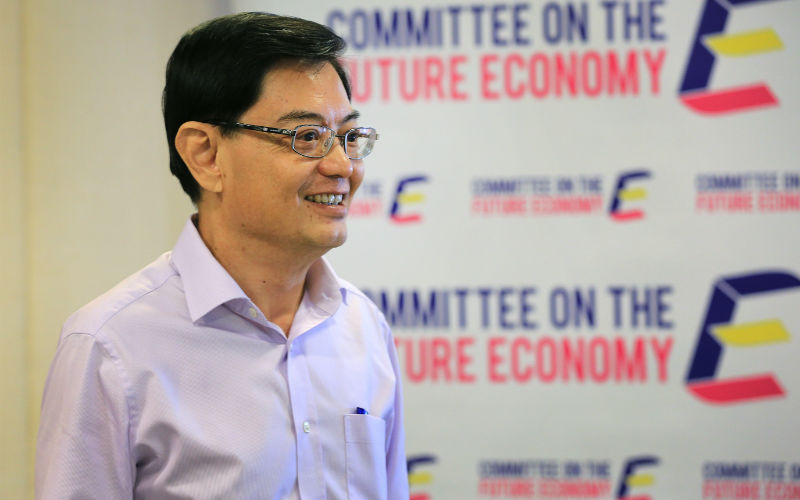The Committee on the Future Economy (CFE) has laid out the roadmap for development of Singapore and recommended seven strategies that will maximise the chances of the country’s success.
The seven strategies include deepening and diversifying Singapore’s international connections, acquiring and utilising deep skills, strengthening enterprise capabilities to innovate and scale up, building strong digital capabilities, developing a vibrant and connected city of opportunity, developing and implementing Industry Transformation Maps (ITMs) and partnering each other to enable innovation and growth.
While releasing CFE report, Heng Swee Keat, Co-Chair of CFE and Minister for Finance said,“It recommends that, in the face of unprecedented global challenges and greater uncertainty, our response must be to keep Singapore relevant to the world.”
He further added,“The CFE’s strategies and recommendations will help us keep Singapore open and connected to the world, while building deep capabilities in our people and businesses to benefit from the opportunities that we can create. As we put these strategies into action, we must find new ways of working together to achieve our shared goal of sustaining growth and creating good jobs for all Singaporeans.”
The 109 page report has talked about the various sectors that should be tapped including finance, hub services, logistics, urban solutions, healthcare, the digital economy and advanced manufacturing.
S Iswaran, Co-Chair of CFE and Minister for Trade and Industry (Industry) added,“With rapid changes in the global economy, the imperative for Singapore remains the same – to be an open economy that is connected to the world and relevant to its needs.
It is pertinent to mention that CFE was established in January 2016 to build on the Economic Strategies Committee’s work, and to take a fresh look to address the new challenges that Singapore face. The 30-member committee comprised of members from different industries It is co-chaired by Minister for Finance, Heng Swee Keat, and Minister for Trade and Industry (Industry), S Iswaran.
Over the past year, the Committee, five Subcommittees and working groups held in-depth discussions, deep dives, meetings and focus groups involving more than 2,000 people. It consulted over 9,000 stakeholders, including trade associations and chambers (TACs), public agencies, unions, companies, executives, workers, academics, educators, and students.




